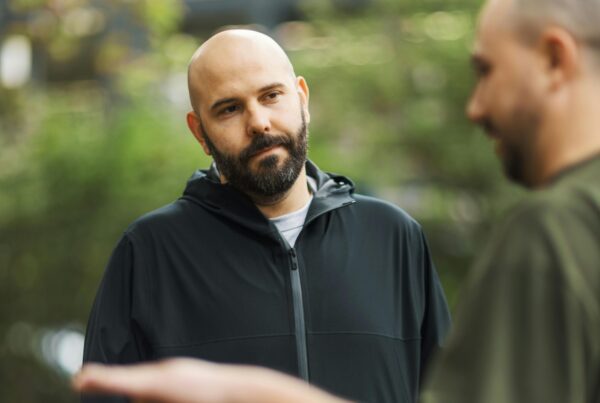Do you ever find yourself avoiding the doctor or dentist because just thinking about it makes your heart race? If so, you might be dealing with medical anxiety—and many people find that EMDR for medical anxiety can be a powerful way to ease those overwhelming feelings. Whether it’s fear of needles, dental anxiety, or stress around medical procedures, EMDR helps your brain process those fears so they don’t control your life.
Medical anxiety and phobias show up in all kinds of ways. It could be a fear of needles (that’s called), panic attacks at the dentist, or feeling completely overwhelmed before a hospital visit. Sometimes, it feels like your brain is stuck on high alert, and no amount of “just relax” advice helps.

Hospital Stress
So, how does EMDR actually work for medical anxiety? And why is it different from just talking through your worries?
What Is EMDR?
EMDR stands for Eye Movement Desensitization and Reprocessing. It’s a therapy that helps your brain process tough memories or fears that get “stuck.” Instead of only discussing your fears, EMDR uses guided eye movements or other bilateral stimulation to help your brain reframe and calm down the emotional charge attached to those memories.
For people dealing with medical anxiety, EMDR can target those intense feelings that might come from a painful shot as a child, a traumatic hospital stay, or a scary dental experience. Even if you don’t fully remember the original event, your body might still be reacting as if it’s happening right now.
How EMDR Helps With Medical Anxiety and Phobias
Medical fears often come from one or more unpleasant or traumatic experiences that weren’t fully processed. When these memories stay“stuck,” your body’s fight-or-flight system can trigger panic, nausea, or freezing up whenever you face something medical-related.
This is where EMDR for medical anxiety shines. It helps your brain finish processing those old memories, so they don’t cause as much fear today. Instead of your body reacting with panic, you can start to approach medical visits with more calm and control.
Real-Life Examples
- Fear of needles: Many people freeze up or even faint at the sight of a needle. EMDR can reduce this intense fear, making it easier to get vaccinations or blood draws without overwhelming anxiety.
- Dental anxiety: Avoiding the dentist because of past painful or embarrassing experiences is common. E

Manage your Health Anxiety
MDR helps shift those feelings, making regular dental care feel less scary.
- Hospital stress: Some feel helpless or traumatized by past hospital stays. EMDR can ease that emotional burden, so upcoming procedures or appointments don’t cause panic.
You’re Not Alone—And It’s Okay to Ask for Help
If medical anxiety is holding you back, remember: it’s a real and valid experience. You’re not “overreacting” or “too sensitive.” Our brains respond to trauma and fear in powerful ways, and EMDR for medical anxiety is a proven method to help.
If you’re in the Kansas City area and want support, our team of licensed counselors are all trained in EMDR. We can guide you safely through the process and help you reclaim your health without the fear.





